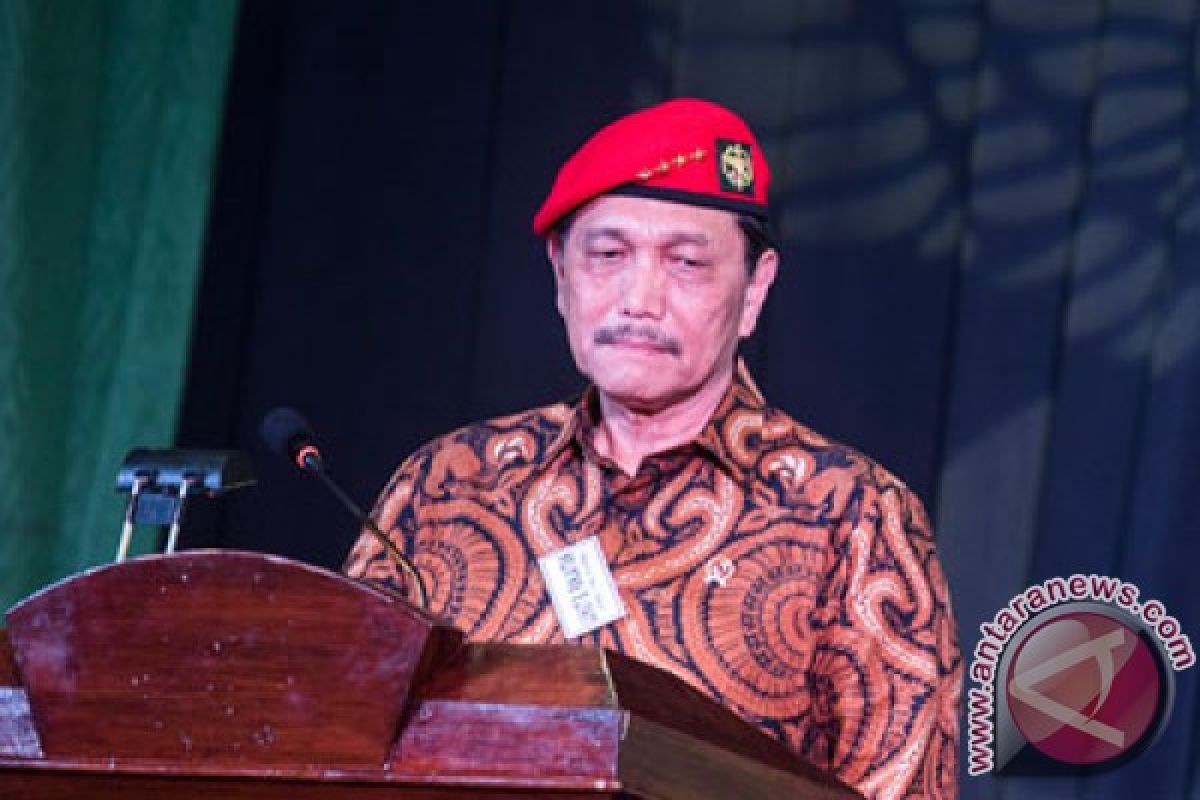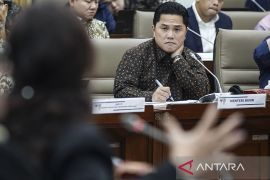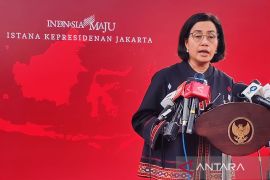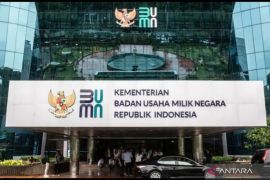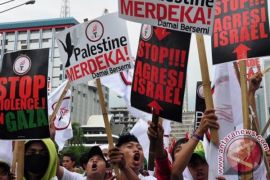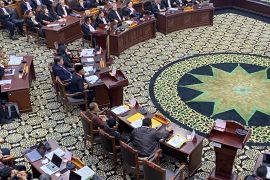Luhut said if former PKI members could not give clear evidence proving they did become victims of purges carried out by the military (TNI) during the 1960s, he hoped they would not disturb the atmosphere because it could affect national stability.Jakarta (ANTARA News) - A senior minister said here on Wednesday that the state would offer an apology if former Indonesia Communist Party (PKI) members came up with evidence to vindicate their position as victims.
"If we are urged to offer an apology, the question is to whom? If there is evidence of a mass grave, tell me and we will exhume it," Coordinating Minister for Political, Security and Legal affairs Luhut Pandjaitan said when asked for his comment on the issue after he gave a general lecture at the University of Indonesia in Depok, West Java province.
He said if former PKI members could not give clear evidence proving they did become victims of purges carried out by the military (TNI) during the 1960s, he hoped they would not disturb the atmosphere because it could affect national stability.
Luhut admitted that some people were indeed killed during the purge of PKI cadres then said their number was not as big as victims had claimed.
"It is true that people were killed in the 1965 incident, but their number, once again, is not as big as 400,000 or, as some have claimed, even a million. We saw no evidence proving the claim," he said.
In view of that, Luhut called on all parties making such claims to show the locations where these killings happened so that concrete evidence could be found.
"If the number of people killed was indeed so large, there must be mass graves. I have asked those who may have evidence to please show the same to us. We will have the graves exhumed instead of just talking," he said.
The former commander of the armys special force, Kopassus, said the government wished to settle the case properly and hoped there would be no more stretching of this issue, with through judicial means or non-judicial.
Luhut said on Monday that the government wanted to resolve cases of gross human rights violations, including the one related to the 1965 tragedy.
"There is a will on the part of the government to finally resolve the cases of human rights violations that have happened. We see that a resolution to the 1965 case would pave the way to settle other cases," he said while opening a national symposium on the 1965 tragedy in which an abortive coup attempt was made by, as many believe, the then communist party.
He said it was not easy to organize such a symposium since there were some adverse reactions and accusations that the government was under the influence of communists and others.
President Joko Widodo has also expressed a wish to resolve all human rights cases, he said.
The symposium was attended by 200 participants from various walks of life, including activists, victims, actors, members of mass organizations and others.
The recommendations of the symposium would act as an input for the government in resolving the differences over this tragedy.
Retired army general Sintong Panjaitan denied here on Monday that the number of dead during the 1965 tragedy was in millions.
The former army commando regiment officer (RPKAD) said President Soekarno had set up a fact finding team to assess the number of those killed in that massacre.
"Major General Soemarno, the then Minister of Home Affairs, reported as the chief of the team that the number of dead was only 80,000. The figure of 500,000 was first mentioned by Oei Tjoe Tat (then President Soekarnos aide)," he said.
Sintong said the 500,000 figure was illogical because RPKAD had only hunted down the leaders.
"Indeed, we had been deployed in Central Java and were helped by Ansor (Nahdlatul Ulamas youth wing) and Muhammadiyah (another major Islamic organization) members but we only arrested the key figures," he said.
He said those arrested were grouped into active and passive participants and those classified as passive were released.
"The RPKAD did not only carry out operations but also protected community members, including communist party (PKI) members," he said.
Psychologist Risa Permanadeli said the 1965 tragedy was not only about numbers but also about a culture of violence that the next generation may well inherit.
"The problem is that the issue has been lingering for 50 years and has not been settled," he said.
A group of people from "Front Pancasila" organization held a demonstration to protest against the event, arguing that its theme was not in line with Pancasila (state ideology) values.
One orator, speaking at the demonstration near Hotel Aryaduta, where the event was being held, warned that the symposium had the potential to revive communism that had been banned in the country.
The organization also urged the government not to offer any apology to the victims of violence and massacre that occurred in 1965-1966.
The opening of the two-day symposium, that started on April 18, 2016, was also attended by Coordinating Minister for Political, Security and Legal Affairs Luhut Pandjaitan, Home Affairs Minister Tjahjo Kumolo, Minister of Justice and Human Rights Yasonna Laoly and National Police Chief, General Badrodin Haiti.
Several national figures were seen at the event, including former general chairman of Muhammadiyah (one of the major Islamic organizations) Buya Syafii Maarif and Catholic priest Franz Magnis Suseno.(*)
Editor: Heru Purwanto
Copyright © ANTARA 2016
